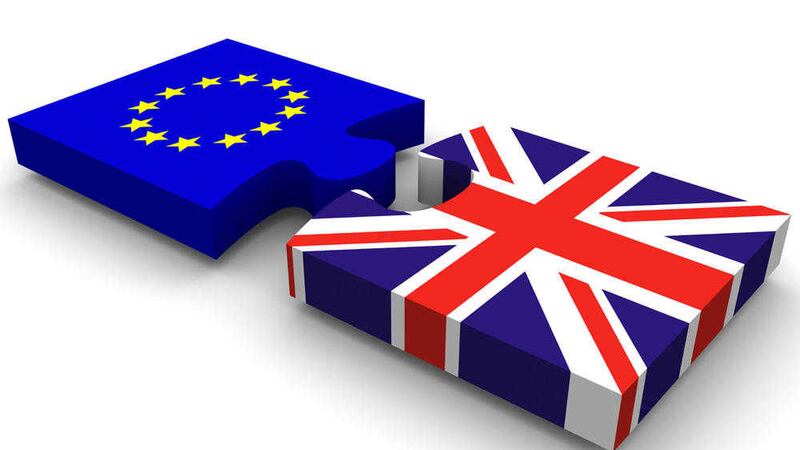WITH this summer being widely touted as the most likely date for a UK referendum on its membership of the EU, the time has come to try and guess at some of the investment implications of a British exit from the EU (Brexit).
Much remains unknown, in particular the nature of the UK’s continuing relationship with the EU and other trading partners if a Brexit does come to pass.
But our conclusion is that leaving the EU is likely to pose more difficulties than create opportunities for the UK economy. The further out one looks, the hazier such predictions obviously become.
The benefits derived from the bilateral economic relationship between the EU and the UK are hard to overstate. The EU, as one of the world’s most prosperous and technologically advanced regions, is an important consumer of UK exports, and also its largest source of foreign direct investment.
Furthermore, there has to be uncertainty regarding the UK’s ability to negotiate favourable free trade agreements with other major economies, without the influence and clout of the EU’s banner.
So what fate awaits the UK if we decide to exit? Well as already noted, much depends on the manner of that exit, and the institutional and trading relationships secured. Commentators have identified four generic models:
• Norwegian/European Economic Area (EEA) model – This would offer access to the single market for goods and services. The UK would have to accept free movement of labour and accept single market rules without any ability to participate in their creation.
• Turkish model – This would allow tariff-free access to EU markets but with little say in drafting the rules and regulations with which the UK would have to comply in order to retain access.
• The bespoke/Swiss model – The UK could in theory try and negotiate some form of bilateral deal with the EU covering areas ranging from financial services to immigration. It is highly debatable whether such a deal would be on the table for the UK.
• The World Trade Organisation (WTO) model – This would essentially be a clean break with the UK reverting to the normal trading rules of the WTO. This would imply tariffs on various goods and services, non-tariff barriers, and quite possibly a UK reaction in kind to EU goods and services.
While the short term looks quite messy in the event of a vote to exit the EU, the long term ramifications are not easily defined. Many point to the financial services sector as a natural loser from such a move - a problematic outcome considering the importance of the sector to the UK economy, but even here we should be wary of writing off a sector of the economy that has thrived over the centuries under many different regimes and backdrops.
Those looking for definitive answers on this debate will have to look elsewhere. While there certainly are economic ramifications, the ability to accurately define and weigh these is much less than the predictably shouty debate in the public sphere may imply.
We still recommend investors hold a geographically diversified portfolio of assets, to help protect against exactly these sorts of regional unknowns.
Within that global portfolio, we do not actually hold a candle for UK assets in particular right now. Our view of UK equities is still tainted by their relatively high exposure to commodities, while extreme valuations still suggest that investors in UK fixed income will have to work very hard to make positive real returns, with or without a UK exit from the EU.
:: Jonathan Dobbin is head of wealth and investment management NI at Barclays. He can be contacted on 028 9088 2925 or email jonathan.dobbin@ barclays.com








